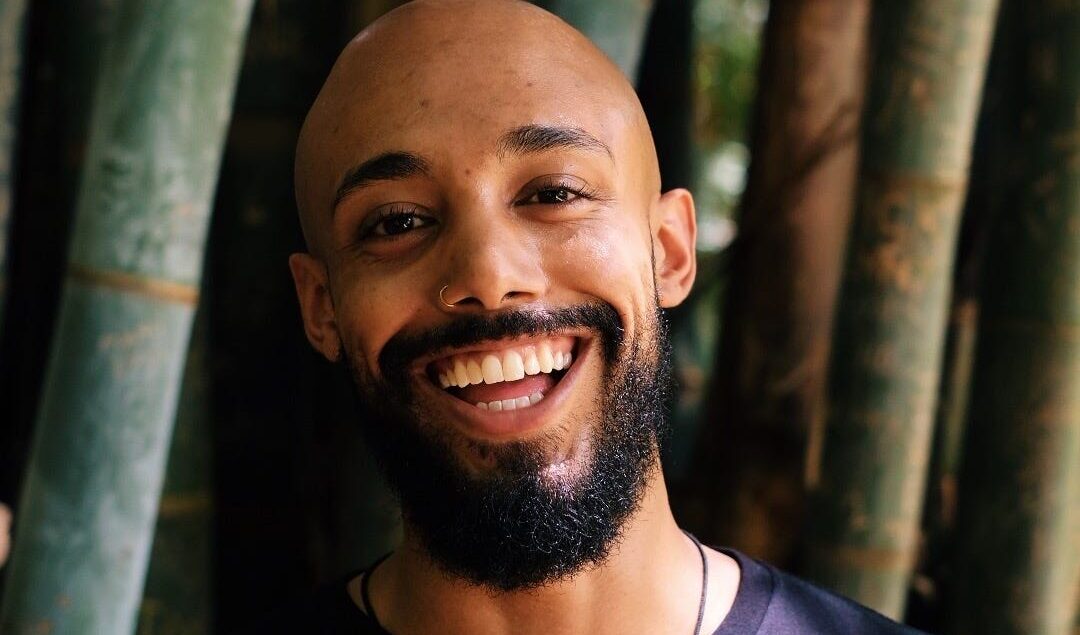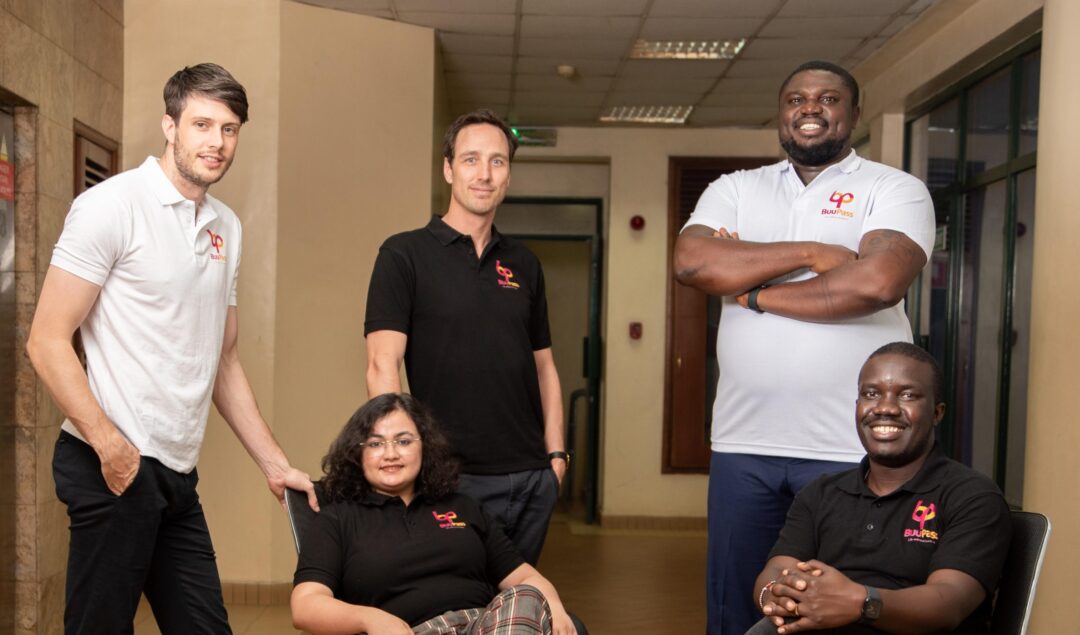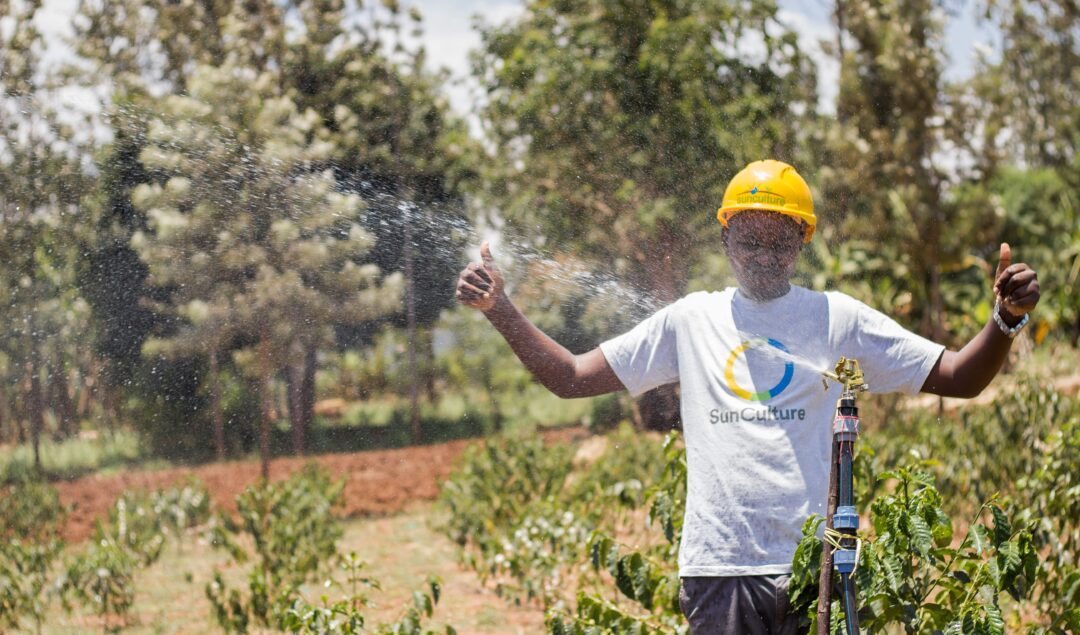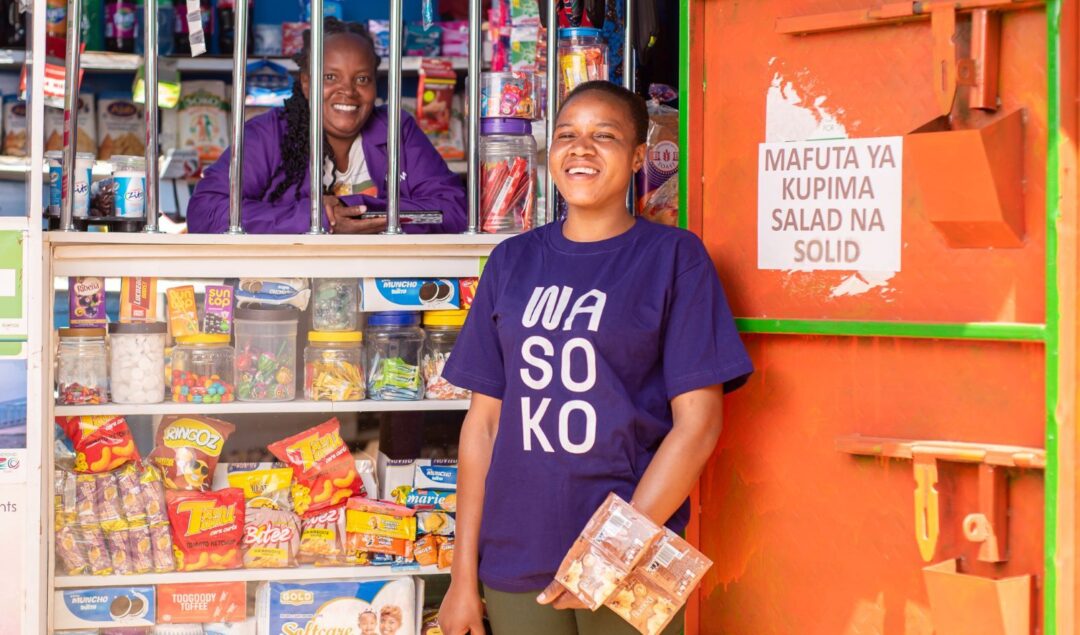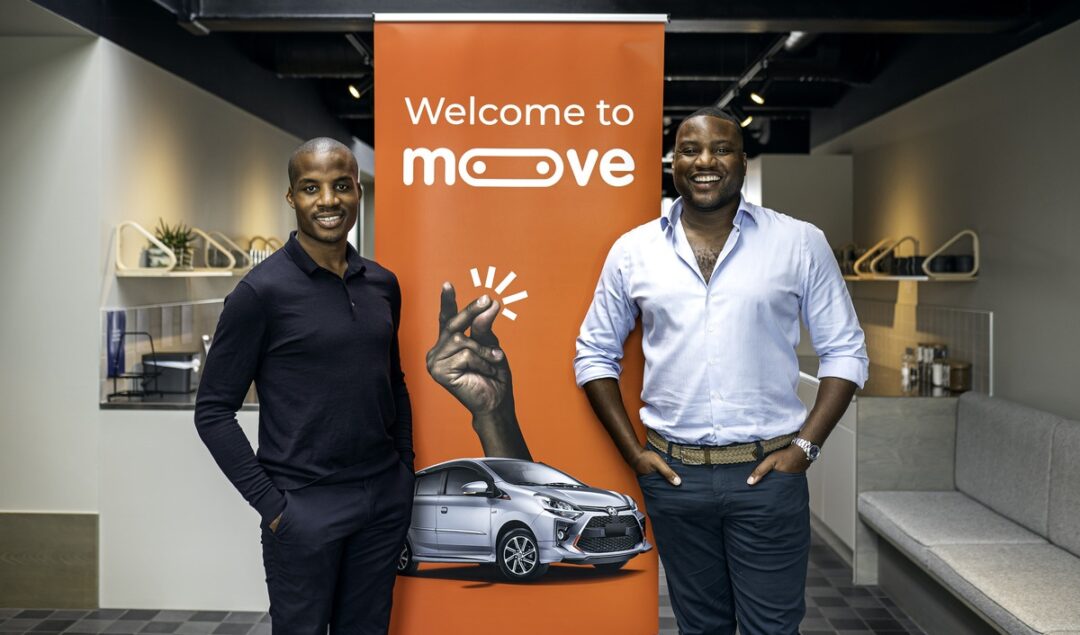Minka, a Colombian cloud-based fintech startup, has embarked on an expansion plan to bring its innovative financial solutions to Africa. This move aims to replicate its success in Latin America by addressing the continent’s financial inclusion challenges and leveraging the growing digital payments market. Launching in Eastern and Southern Africa On July 2, 2024, Minka officially launched its operations in East Africa, marking its first expansion phase. The fintech company began its journey in Kenya, Tanzania, Uganda, and Ethiopia and plans to expand to Southern African markets such as Mozambique,
Pariti, a platform dedicated to creating economic opportunities through entrepreneurship, has partnered with NVIDIA. This collaboration aims to train over 2,000 developers across the African continent in deep learning through the NVIDIA Deep Learning Institute (DLI). Training Over 2,000 Developers in Africa Pariti’s educational series, in partnership with NVIDIA, will leverage the NVIDIA DLI to provide intensive artificial intelligence and machine learning (AI/ML) training to over 2,000 developers. These sessions will cover NVIDIA’s AI/ML stack and culminate in free certification for participants. The initiative primarily targets university students from Kenya,
Ghana is setting the stage to become Africa’s first blockchain-powered government in a move towards digital transparency. The initiative, supported by Vice President Dr Mahamudu Bawumia, aims for a future where digital accountability could potentially save billions lost to corruption annually. Blockchain for Enhanced Governance During the 14th Regional Conference and Annual General Meeting of Heads of Anti-Corruption Agencies in Commonwealth Africa, held in Accra, Bawumia highlighted the potential of blockchain technology in governance. Bawumia argued that Blockchain’s qualities—like immutability and transparency—make it an ideal candidate for enhancing governmental operations, particularly
BuuPass, Kenya’s leading provider of digital travel solutions, has acquired QuickBus, increasing its status as the largest intercity transport booking platform in Africa. Expansion and Innovation By integrating QuickBus’s extensive network, which includes over 5,200 intercity routes across Nigeria and South Africa, BuuPass has broadened its service offerings. This expansion brings an additional 5,000 routes to BuuPass’s platform, pushing its monthly active user accounts to 650,000. The integration also includes onboarding over 100 bus operators and having high-profile online distribution partnerships with major African corporations like FNB, Voda, and MTN. Digital Transformation
SunCulture, a Kenya-based company focused on climate technology, recently raised $12 million to expand its solar-powered irrigation systems across sub-Saharan Africa. The funding is part of a larger $27.5 million Series B round. Revolutionizing Agriculture with Solar Power In many countries around the world, climate change and erratic weather have made it increasingly dificult for farmers to maintain consistent crop yields. SunCulture’s solar-powered irrigation systems aim to help farmers efficiently use water and boost their crop yields, even with unpredictable rainfall. These systems are sustainable and cost-effective alternatives to traditional,
Zuri, a Pan-African beauty startup, has achieved its first institutional tech investment from Launch Africa Ventures. Zuri’s Journey So Far Founded in 2016 by Gisela Van Houcke, Zuri has evolved from Van Houcke selling products from her car to a tech-driven powerhouse. The startup distributes beauty products such as hair extensions and cosmetics while aiming to empower Black women entrepreneurs and customers. Zuri offers a wide range of culturally relevant beauty products distributed through a hybrid model of physical salons, e-commerce, and social channels. The company has also developed a software platform
Visa and Mastercard are setting their sights on Africa’s fintech market. Africa’s booming fintech sector E-commerce is booming across the continent. The Wall Street Journal reports that by the end of this year, an estimated 435 million Africans are expected to shop online, a nearly twofold increase since the pandemic. However, people are less likely to make payments using cards than in other global markets, relying instead on mobile money, digital wallets, and bank transfers. Visa and Mastercard, determined to stay relevant, are pouring millions of dollars into the continent
Wasoko, one of Africa’s largest B2B grocery marketplaces, has experienced a 48% markdown in its valuation. A B2B Grocery Marketplace Founded by Daniel Yu in 2014, Nairobi-based Wasoko has grown remarkably, expanding its operations across multiple African markets. By 2023, it boasted a significant customer base, secured agreements with major suppliers, and offered competitive pricing. TechCrunch reports that VNV Global, a Swedish investment firm, has revised Wasoko’s value to about $260 million, a 48% reduction from previous estimates, according to its annual report for 2023. This revision coincides with Wasoko’s planned merger
BeSocial, a short-form video app that empowers Black and African creators, is carving out a space in the tech landscape. The platform aims to combine short-form content, the practicality of social shopping, and social commerce. BeSocial Founded in 2022 by Kwesi Buabeng, a former executive at Ecobank, Google, and Coinbase, and his team, BeSocial’s vision is democratizing content creation. The focus on Black and African creators is a move acknowledging their role as trendsetters in social media, often without adequate recognition or compensation. Since its beta launch, BeSocial has been a hub of creativity and
Uber Technologies Inc. is set to invest in Nigerian startup Moove in a funding round that could reach up to $100 million, Bloomberg reports. Moove Founded in Lagos in 2020 by British-born Nigerian entrepreneurs Ladi Delano and Jide Odunsi, Moove has expanded its reach beyond its origins. The duo’s aim is to build the world’s largest integrated vehicle financing platform for mobility entrepreneurs. With its headquarters in Amsterdam, the company now operates across Africa, the UK, the UAE, and India. Moove’s innovative business model revolves around a unique credit-scoring system,


